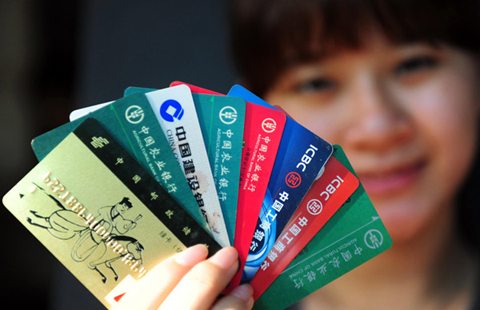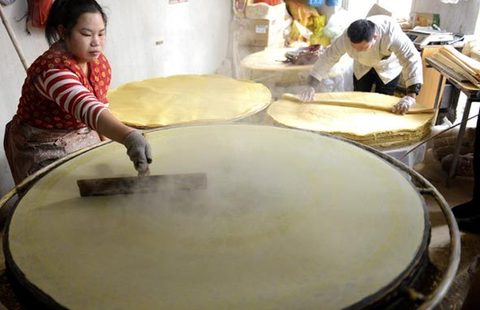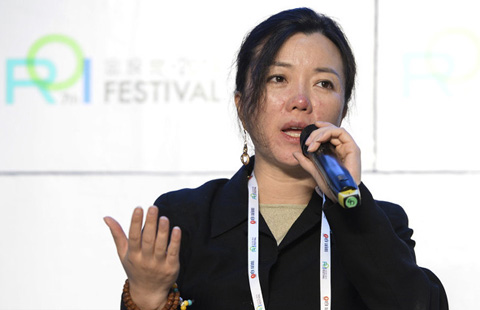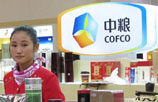Apps bring offline services to your doorstep
By Meng Jing (China Daily) Updated: 2015-02-09 07:29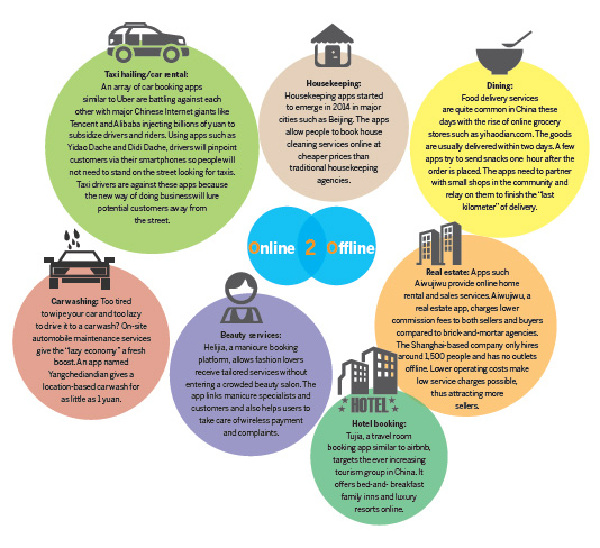
The growing demand for better services and the huge amount of capital betting on the rosy future of the Internet industry are the two major forces behind the rise of the O2O market, which is eventually expected to be worth as much as 1 trillion yuan, says Sun Mengzi, a senior analyst with Analysys International.
However, for an O2O business to succeed, it must provide a better user experience at a lower price.
"Otherwise, there is no point for people to use your product," says Ren Bin, founder of Yaogeili, an app that can deliver non-prescription drugs to your doorstep within an hour after receiving the online order.
All the drugs sold via Yaogeili are from the app's partnered pharmacies but are sold at a 10 percent discount.
"The reason that homedelivery drugs are even cheaper than the same goods sold in brick-and-mortar stores is that our mobile delivery team can reach more potential customers, therefore boosting the sales of traditional pharmacies without creating any additional costs," he says, adding that the delivery costs are far outweighed by the profits from increased sales.
According to Ren, who has a decade of experience in China's Internet industry, a traditional pharmacy receives a daily average of 20 customers because it can only cover a very small geographical area.
"With the help of our app, it can now double its daily orders while customers save money and time," says Ren, pointing out that he received around 100 orders on the very first day his app was launched less than a month ago.
Unlike Yaogeili, the majority of startup O2O businesses cannot beat their brick-andmortar counterparts in terms of price although they do have the upper hand when it comes to convenience.
If you want one of Hou's team to come to your home to wash your pet it will cost 50 yuan, while you will only have to fork out around 40 yuan at a brick-and-mortar store.
A significant proportion of Internet startups have a long way to go before breaking even and most of them lack a clearly defined business model.
- Homosexual-dating app explores overseas market
- Chinese brokerages see surging profits in January
- New Zealand, Chinese customs move toward electronic trade verification
- Drone shines in Wang Feng's proposal to Zhang Ziyi
- China launches first equity options, investors bet stock prices to rise
- Alibaba places China smartphone business bet with $590m Meizu deal
- Chinese container vessel arrives in Myanmar
- China warns of challenges for global economy in 2015

